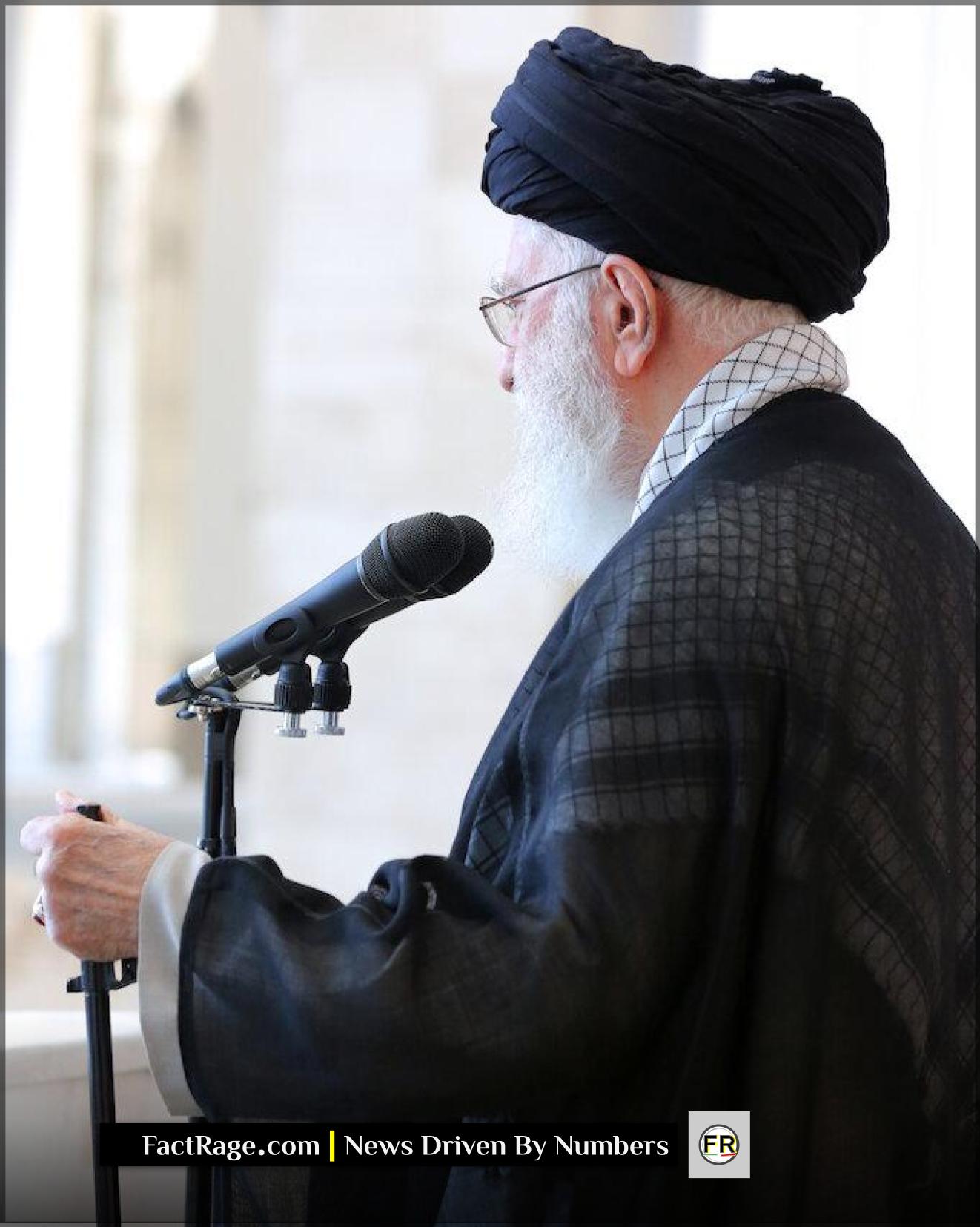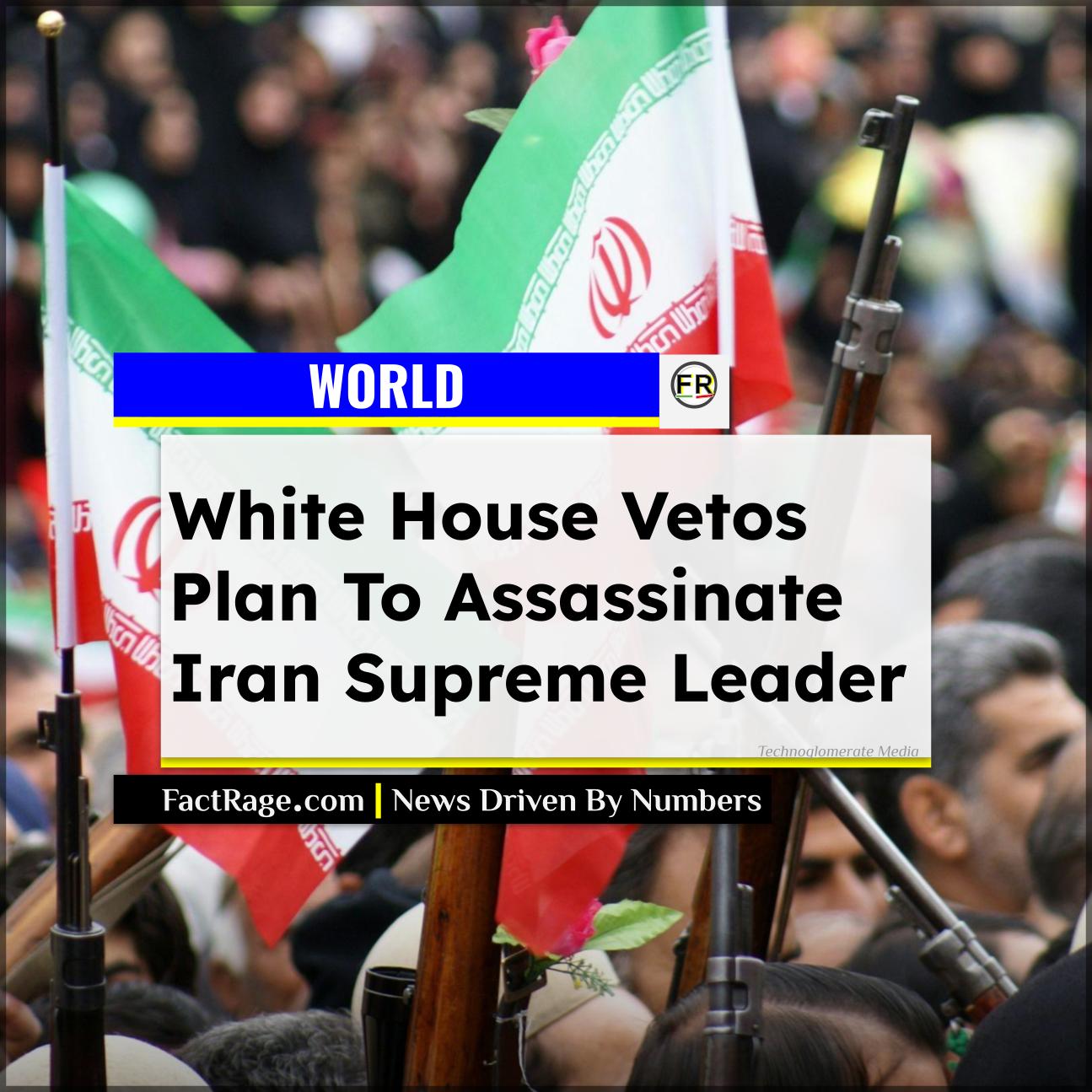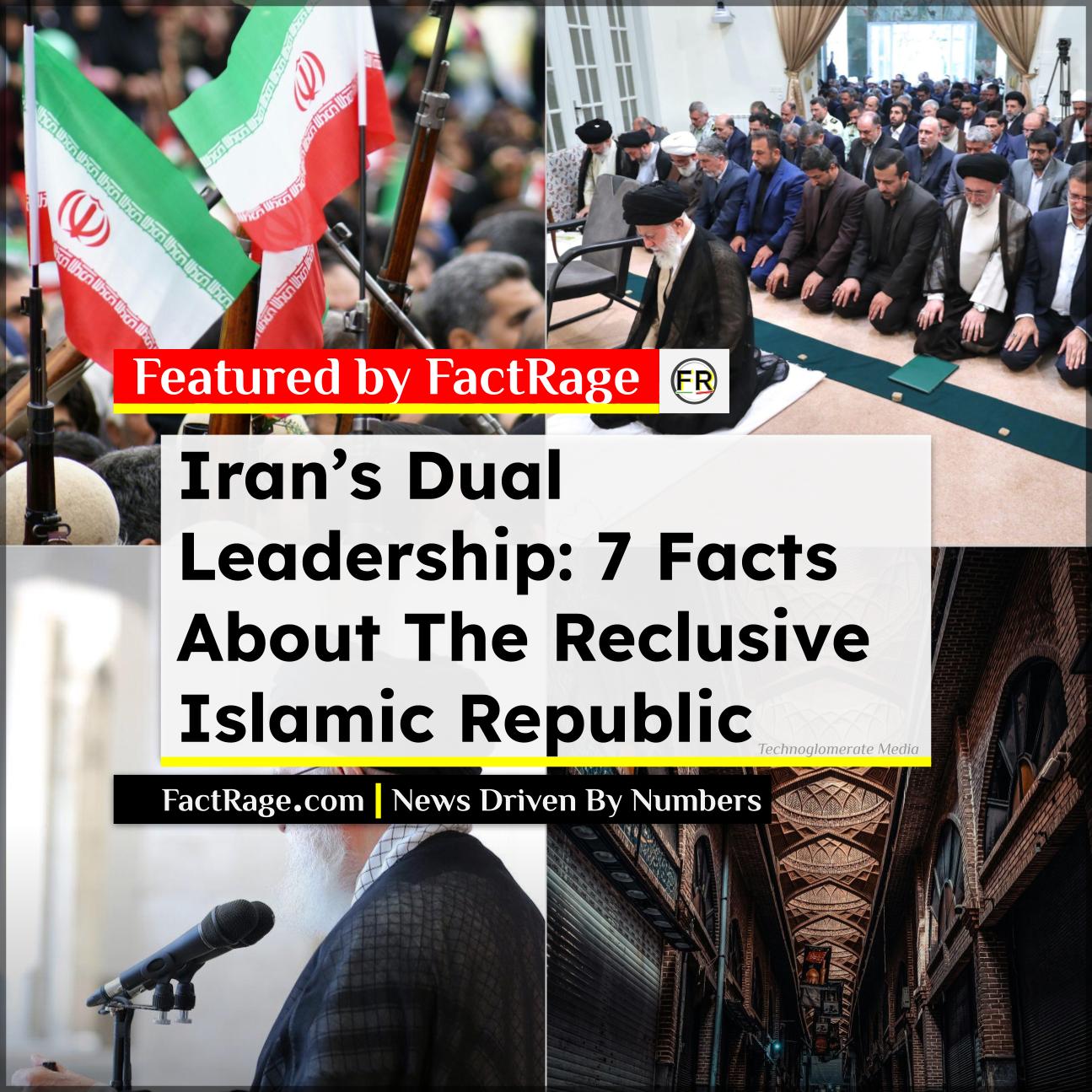WASHINGTON, DC – Former President Donald Trump recently rejected an Israeli plan to assassinate Iran’s Supreme Leader, Ayatollah Ali Khamenei, according to several U.S. officials.
Key Facts
- The Alleged Veto – U.S. officials, speaking on the condition of anonymity, claim Israel presented a credible plan to kill Khamenei, which Trump personally vetoed.
- De-escalation Concerns – The White House reportedly opposed the plan out of fear it would dramatically escalate the ongoing conflict between Israel and Iran and destabilize the entire region.
- Official Responses – Israeli Prime Minister Benjamin Netanyahu called reports ‘false,’ while a spokesperson labeled them ‘fake.’ The White House has not officially commented.
The claims emerge as Israel and Iran have been trading missile and air strikes for several days, following an initial Israeli attack on Iranian nuclear facilities on June 13. The Trump administration has been in constant communication with Israeli officials in an effort to contain the conflict.
Why Did the White House Intervene?

According to anonymous U.S. officials cited by multiple news outlets, the primary motivation for rejecting the assassination plan was to prevent the ongoing fighting from spiraling into a wider, more unpredictable war. The White House reportedly saw the killing of the 85-year-old Supreme Leader as a move that would guarantee a significant escalation.
“Have the Iranians killed an American yet? No. Until they do we’re not even talking about going after the political leadership,” a senior administration official told Reuters. The focus of the Trump administration has been on de-escalation, with the former president expressing hope for a renewed nuclear deal with Tehran. Talks that had been scheduled in Oman were canceled after the recent strikes began.
How Have Leaders Responded to the Reports?
When asked about the reported plan during a Fox News interview, Israeli Prime Minister Benjamin Netanyahu deflected. “There’s so many false reports of conversations that never happened, and I’m not going to get into that,” he stated. “But I can tell you, I think that we do what we need to do, we’ll do what we need to do. And I think the United States knows what is good for the United States.” A spokesperson for Netanyahu later called the reports “fake.”
For his part, Trump has warned Iran against targeting U.S. assets in the region but has also publicly pushed for a peaceful resolution. “I think there’s a good chance there will be a deal,” he told reporters before departing for a G7 summit.
What’s the Broader Context?
The alleged proposal came amid days of direct military exchanges between Israel and Iran, a significant escalation in their long-running shadow war. On June 16, Iranian missiles struck Tel Aviv and Haifa, killing at least eight people, according to Israeli reports. This followed an Israeli strike on Iranian nuclear and military sites on June 13.
The situation has created a divide among some of Trump’s allies. Figures like Sen. Rand Paul (R-KY) have praised the former president’s restraint, while others like Sen. Lindsey Graham (R-SC) have advocated for a more aggressive stance, including providing Israel with whatever it needs to destroy Iran’s nuclear program if diplomacy fails. Meanwhile, Iran’s parliament is reportedly considering a bill to withdraw from the Nuclear Non-Proliferation Treaty.










